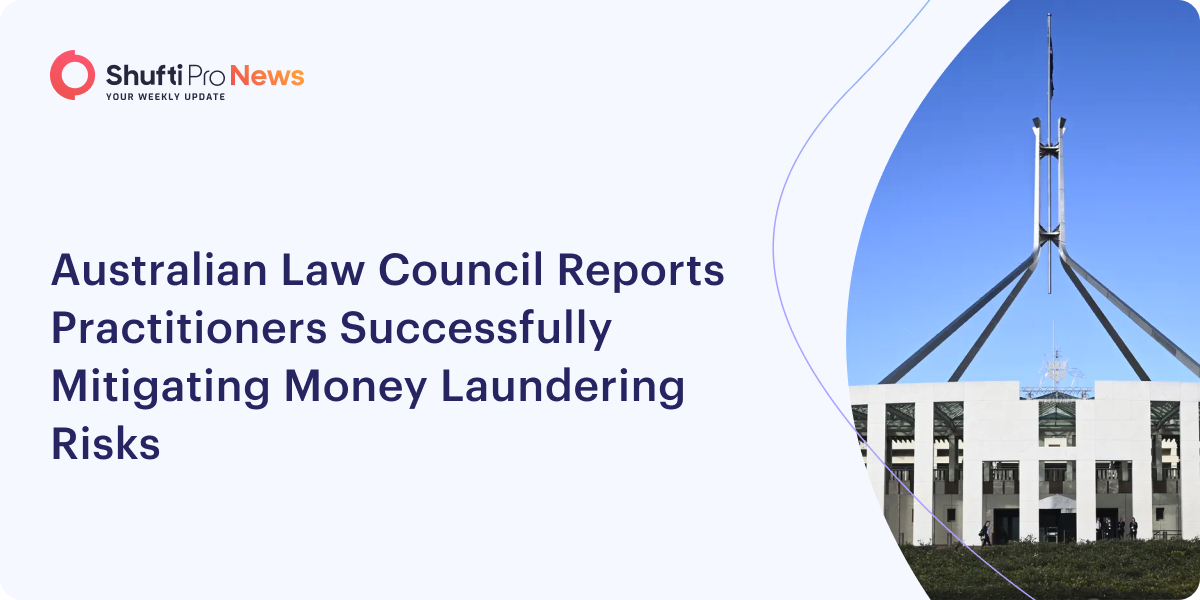Australian Law Council Reports Practitioners Successfully Mitigating Money Laundering Risks

The Australian Law Council claimed they noticed in the survey that lawyers uphold rigorous regulation and AML compliance to safeguard the profession’s integrity and mitigate the risk of being part of illicit activities.
The Australian Federal Government was considering to amend AML laws to regulate the legal profession. The law council released a new report stating that lawyers are in compliance with various regulations to combat money laundering and terrorist financing. They claimed the attorneys are proactively working to mitigate the risk of being part of any financial crime. Luke Murphy, president of the Australian Law Council, asserted that the report found the lawyers are complying with AML beyond their limitations and have taken additional steps to reduce risk.
The lawyers limited the cash flow, mainly when the fund is coming from overseas, not holding any assets for clients, and ensuring they meet all rigorous regulations. Murphy also highlighted limitations identified in the report, which lawyers need to follow more regularly, as making inquiries about the client’s wealth or finding the source of income is challenging. Murphy stated, “knowing where vulnerabilities exist, we can be even more vigilant in addressing them through training and education; working with the banking sector to improve transparency; harmonising practices, regulations and requirements; and increasing use of technology such as electronic conveyancing.”
The Law Council of Australia also collaborates with the Law Society of NSW in amending its CFT/AML measures for the legal profession. NSW also will assist in complying with the latest obligations, which are anticipated to be released later this year. In 2020–21, major and systematic crime cost the Australian community up to A$60.1 billion, with illegal finance being the root of most crime types, according to the Australian Institute of Criminology.
Murphy also urged that the amendments in the regulations from the government and authorities will enforce the burden on small law firms. He also stated that new laws would pose a risk to the client’s attorney authority, which came under Australia’s judicial system. Murphy asserted, “the vast majority of the Australian legal profession, 92 percent, operates through practices with less than four principals. These are classic small businesses scattered across the country, in the suburbs and the regions. Compliance costs in both time and money would potentially cast doubt on the ongoing viability of these firms.”
Suggested Reads:
AUSTRALIAN GOVERNMENT ANNOUNCES DEVELOPMENT OF GAMBLING REGULATIONS COMMISSION
AUSTRALIAN BANKS BAN HIGH-RISK DIGITAL CURRENCY TRANSACTIONS
AUSTRALIAN GOVERNMENT TO EXTEND AML AND CTF REGIME

 Explore Now
Explore Now













